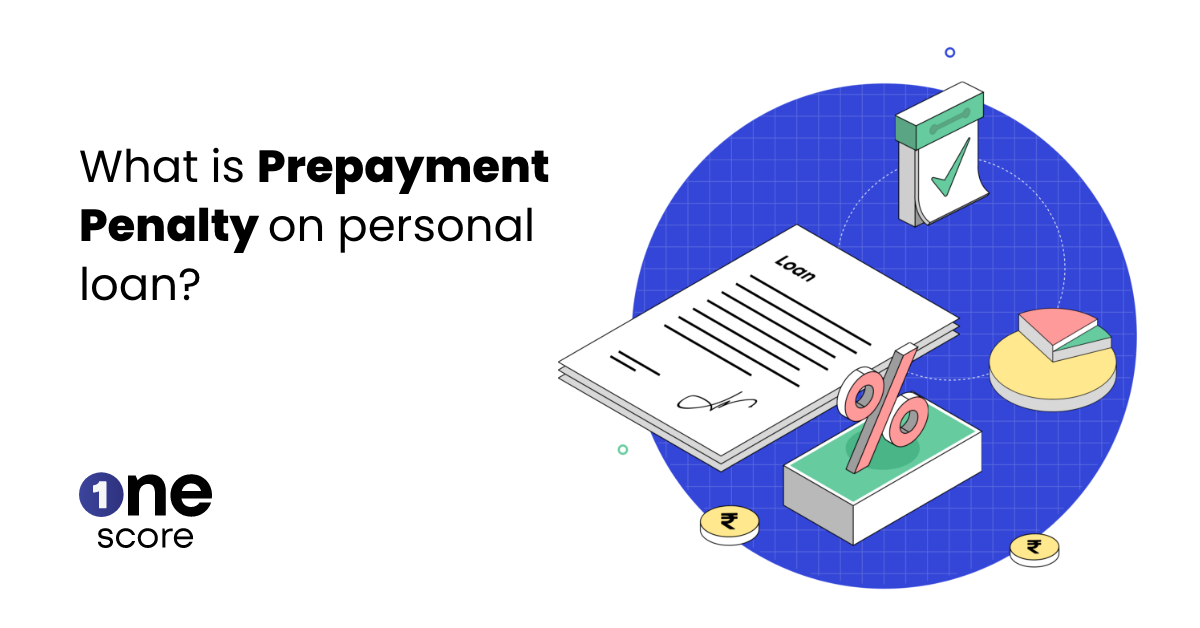A Beginner’s Guide to Starting a Small Business From Scratch

India is the fastest-growing economy in the world, and it is brimming with new business ideas. It has also emerged as the 3rd largest ecosystem for startups globally, with over 1,12,718 registered startups across 763 districts of the country as of October 2023. Between 2015 and 2022, there has been a 15x increase in the total funding of startups, a 9x increase in the number of investors, and a 7x increase in the number of incubators.
However, nearly 55% of new Indian companies formed in the last two decades perished or became dormant, according to a study conducted using data from the Ministry of Corporate Affairs. They faced several challenges, such as lack of capital, bureaucratic hurdles, cutthroat competition, etc., making it hard to build a sustainable business.
However, not all businesses end up in such precarious situations. There’s another way to look at it. Instead of taking a deep dive and putting your life’s savings at stake, you could explore small business ideas that don’t require heavy capital and can be scaled without taking big bets. Wonder how? First things first, let’s understand what a small business is.

Understanding a Small Business
A small business is typically a private enterprise operating with limited capital investment, fewer employees, and fewer resources than big businesses. A small business generally looks to address a local problem or caters to a niche market. These are some of the examples of booming small businesses in 2024:
- Content creators/ Content marketing
- Online learning platforms
- Independent stores selling goods and services
- Subscription services
- Cloud kitchens
- Sustainable lifestyle solutions
ALSO READ: What is financial freedom? How can you achieve it?
How to Set up a Small Business
It can be hard to navigate the process of setting up a small business, especially if you don’t have many entrepreneurs in your circle. Don’t worry; we have a quick guide to help you.
1. Explore Your Idea
It is critical to first validate your idea with thorough market research. The research will help identify your target audience and reveal if the business is viable. Look for research conducted in your field or take proactive measures to learn about the market you want to operate in before you devise your Go-To-Market (GTM) strategy.
2. Devise a Plan
The next step is to prepare a draft of your strategy, financial projections, and marketing plan so you can cohesively present your idea to concerned vendors or investors. On the other hand, you must outline things you may have to do yourself, like bookkeeping or social media marketing, if you plan to bootstrap yourself initially.
3. Register the Firm
Once you have picked a legal structure, you must register with the government, procure a Permanent Account Number (PAN) card, and sign up for Goods and Services Tax (GST). You should also remember to undertake TAN registration, which grants access to essential services such as filing taxes or acquiring credit from financial institutions.
4. Manage Regulatory Hurdles
A business needs many permits to operate legally. It’s best to do research beforehand to know how to secure forms and permits for your business. You may have to register with state agencies or acquire permits from municipal corporations. This will depend on your sector and where you decide to set up your business.
5. Implement Marketing
Building a brand is of top-most priority in today’s age and time, no matter the size of the business . Thus, it is useful to devise a marketing strategy and implement it to make people aware of your firm. For example, platforms like Google and Instagram are affordable ways to generate traction—either with organic marketing or paid-media marketing.
ALSO READ: Securing Small Personal Loans: A Step-by-Step Guide
Securing Funds for Your Business
Having funding helps grow your business faster because it takes a while for businesses to break even and turn profitable eventually. Let’s see how you can raise funds:
1. Loans
Most banks and lenders provide business loans if you have a business plan and a good credit score. A platform like OneScore is a good way to check your score and get an instant personal loan.
2. Bootstrapping
Many people raise initial capital by dipping into their savings, or inviting friends and family to become angel investors. It allows you the flexibility to run your business on your own terms, but it can be a risky avenue if the business does not reap the expected results
3. Government Schemes
The Union government offers a host of schemes providing subsidies for specific industries. Furthermore, every state government has a range of incentives for businesses in a bid to attract them to set up shop in their jurisdiction.
4. Venture Capital
Every VC firm is always on the lookout for businesses with potential. They have a large pool of capital to invest in promising ideas. But it is usually difficult to secure a meeting right away, so it is best to build relationships via networking to gain a foothold in the VC offices.
5. Angel Investors
There is always the option of finding angel investors looking to invest in growing businesses in exchange for equity. Most of these individuals are entrepreneurs, so their insight can be useful to scale the business. Finding angel investors is not an easy feat, so ensure your networking game is strong and your elevator pitch is ready. You can also attend industry seminars and participate in platforms like Shark Tank to connect with investors.
In conclusion, setting up a small business in a market like India can be overwhelming, but the process can be streamlined by keeping a few things in mind. A person with a good credit score is likely to be given a loan without any hassles, so work towards maintaining a healthy credit score using tools like OneScore.
**Disclaimer: The information provided on this webpage does not, and is not intended to, constitute any kind of advice; instead, all the information available here is for general informational purposes only. FPL Consumer Services Private Limited and the author shall not be responsible for any direct/indirect/damages/loss incurred by the reader in making any decision based on the contents and information. Please consult your advisor before making any decision.






- OneScore , March 21, 2024

